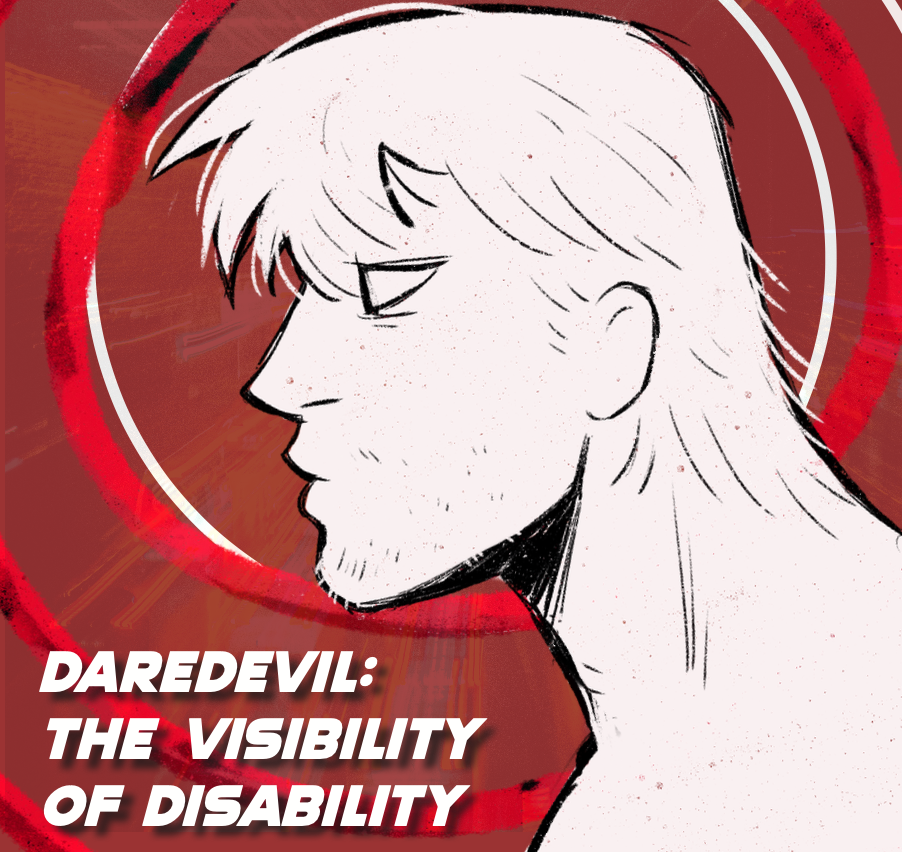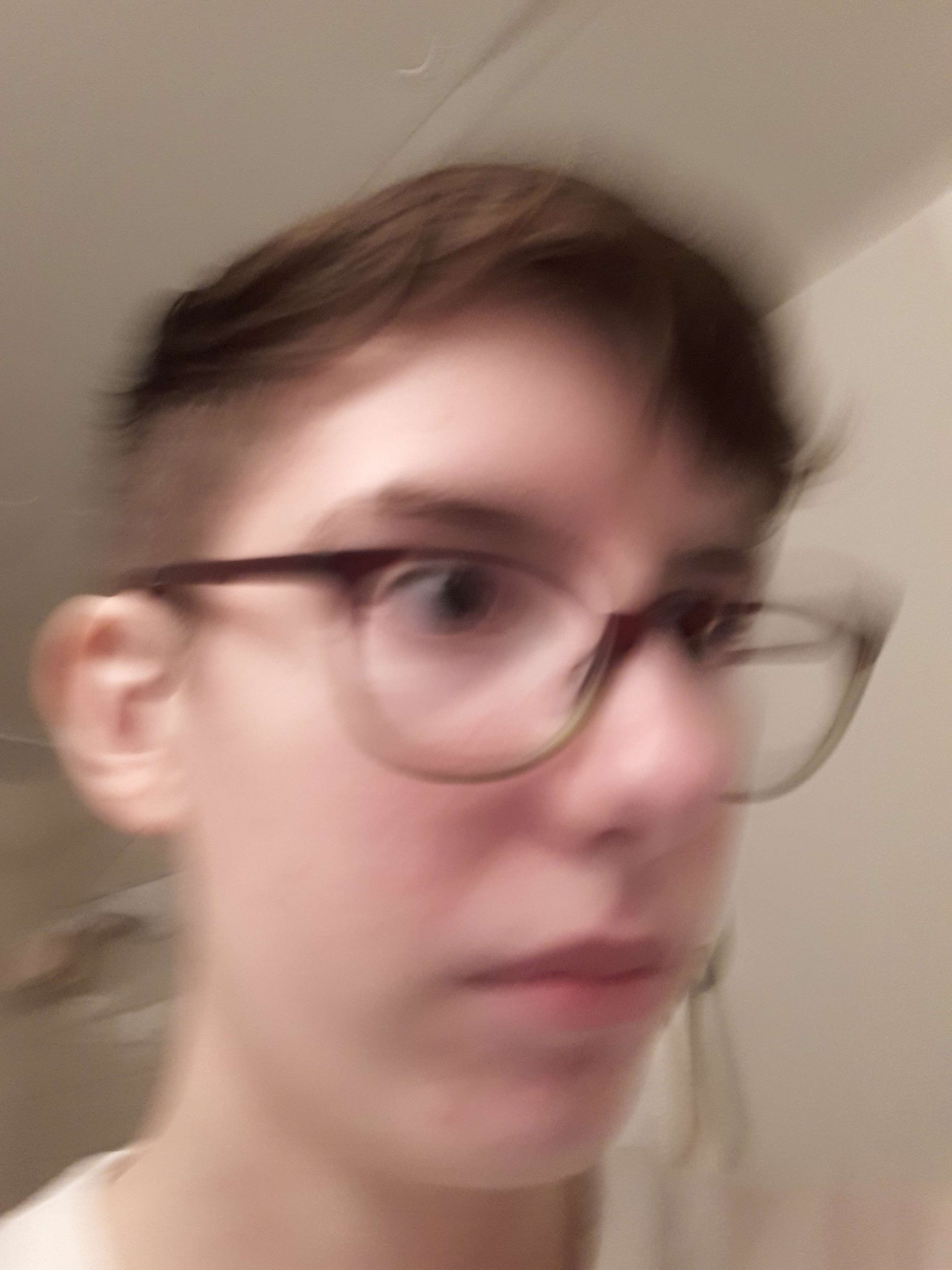
I don’t think it’s too controversial to say that the Marvel Cinematic Universe has been losing favor with audiences as of late. There’s been a collective feeling of fatigue regarding most of the projects that they’ve released within the past few years. There are always exceptions, of course, but in the general sense… Marvel is resting too much on its laurels. Repeatedly we see screenplays that feel rushed or dull, a show or film peppered with pop culture references that won’t hold up in 5-10 years, an over-reliance on awkwardly placed CGI as opposed to practical effects, and the list keeps going. It’s difficult not to see some of their productions as simple cash grabs, and others as sloppily put-together projects that failed to reach their full potential. One area that they’ve made some decent progress in is the representation of marginalized identities on-screen, but that’s only one part of a much larger puzzle when it comes to creating something amazing. Seeing more representation is great, sure, but if the quality of the finished product feels hollow and underdeveloped, then that representation feels a little empty as well. In the wake of monotonous cinematography and predictable writing, it’s a good time to look back and reminisce on an example of Marvel’s best work. Despite my eagerness to fight on the front lines of the MCU-hater war, I’ll admit that they’re responsible for one of my favorite series and titular characters of all time. Enter: Daredevil.
This name may be familiar to some and completely unknown to others. Lawyer by day, crime-fighting ninja by night, Daredevil — otherwise known as Matthew Murdock — debuted in his own comic in 1964. He was never a side-character who gained popularity later, or a reformed villain, or anything of the sort. He was his own character telling his own story, which was significant because he also happens to be visually impaired. The fact that we have a story told from the perspective of a blind character that’s existed since 1964 is incredible! The list of series with disabled protagonists is much shorter than I would prefer, but Daredevil’s been around since before many of us were born. I think that’s something worth talking about and more importantly, celebrating! I fell in love with the franchise as soon as I gave the Netflix series (simply titled “Daredevil”) a watch, because I’d never seen disabled representation that comprehensive before. Matt’s actor, Charlie Cox, was dedicated to giving an authentic performance down to the finest detail. Even the way environments like Matt’s apartment or office were laid out made complete sense as places a blind person would navigate daily. The show’s approach to disability was empathetic, complex, and believable. I’d like to reflect on why that made the show so beloved, and why Daredevil continues to be so important in Marvel’s endless repertoire of characters.
First things first, I want to debunk a common argument that sometimes emerges when discussing Daredevil’s disability and how it affects him. Matt has super-heightened senses that developed when he was blinded by a chemical spill as a child. These allow him to “see” the world around him through his other senses, mainly hearing, smell, and touch. These abilities are so sensitive that he can hear a human heartbeat up to 20 feet away or track a scent through a crowd from 50 feet away. Some people believe that these abilities negate his disability, and some even argue that it makes him more abled than a sighted person. This isn’t true in the slightest! Yes, he can achieve sensory feats that regular people could never dream of, but he can’t read a newspaper or see a caller ID on a cell phone.. His senses help him navigate his environment and fight crime, but they don’t change the fact that he’s disabled. With that out of the way, let’s discuss how the Netflix show from 2015 tackles Daredevil’s disability on-screen.
Not long after the show’s debut, an interview was given with the blindness consultant on the show, Joe Strechay, on the popular comics blog “A Place to Hang Your Cape.” Joe, who is visually impaired himself, works with the American Foundation for the Blind, which is one of the largest and longest established nonprofits for people with vision loss. He spoke at length about the type of preparation he and Charlie Cox did for the role of Daredevil, including orientation and mobility techniques and how to use certain props during filming. “Charlie wanted to give an accurate and competent representation of someone who is blind,” Joe says. “Not a caricature of blindness, but he wanted to learn the necessary skills to portray an individual who is blind.”
What he refers to here are blindness-related skills that visually impaired people train for years in order to live independently. These include skills like household chores, organizing money, or even crossing the street. Eventually it becomes second nature, but it takes lots of time and hard work to get to that point. Unfortunately, Joe and Charlie had a limited amount of time to work on these skills, but Charlie hit the ground running. “Charlie took it to a whole new level of detail by asking questions and utilizing videos of me performing different tasks,” Joe mentions. “He studied the videos in extreme detail and would come back with details about my movements and mannerisms that I personally didn’t realize.” It’s because of this that Charlie’s performance as Daredevil is so believable. Although it would have been ideal to cast a visually impaired actor for the role, Charlie’s dedication to learning these skills and nuances make it clear how much he cares about Daredevil and how he’s portrayed.
Another aspect of the TV show that turned it from good to great is the way that Matt perceives and interfaces with his own disability. Usually, we see how others treat Matt as a disabled person, but I feel like it’s important for a narrative to show how a character sees themselves as well. Matt’s feelings about his own blindness aren’t a static thing, they continuously shift and settle throughout the series and throughout Matt’s life. Initially when he’s blinded as a child he’s filled with anger and uses any outlet to release it. Eventually he learns to function with his disability, and as time passes, we see an adult Matt feeling helpless once again when faced with a crime being committed that he feels he could prevent with the martial arts training he did as a child. The first time we see the emergence of the Daredevil persona is when Matt fully commits to his philosophy of vigilante justice and puts an end to the crime he had repeatedly witnessed. We see Matt filled with a sense of renewed purpose and empowerment, which he craves more as time goes on and Daredevil becomes increasingly infamous in their local neighborhood of Hell’s Kitchen for the violence he commits. Throughout the show’s three seasons, we witness Matt riding the high of what his abilities can really do to help (and hurt) people, and we also witness the deep-seated loathing that appears when Matt feels like his abilities and even his very senses are failing him. His disability isn’t solely a boon or a curse, it’s just another complex part of him that happens to be the reason he was gifted with special abilities, but is also why he feels alienated from others. It’s nuanced, and the show understands this completely.
I could sit here forever and speak about every little detail that made it into the show, but in the interest of saving time and hopefully giving you a new obsession, I’m just going to tell you to go watch it for yourself and parse how you feel about it. I can’t stress enough how much more there is to “Daredevil” than what I’ve touched on here. It’s well-written from the start by inviting you to empathize with Matt and other characters completely. It’s also fun to yell at Matt when he does things that are so, so incredibly ill-advised. I said he was a complex character, I never said he was a smart one. As a note of finality, I know that Marvel can craft incredible stories when they really get their act together. They’ve done it before with “Daredevil,” and I enjoy the direction that they’re going with shows like “Moon Knight” and even “Echo.” I just wish they’d have a little more consistency in the quality of what they released, rather than making a single banger followed by several half-baked projects like they’ve been doing. Regardless of my snide commentary, Marvel at least gave us three solid seasons of “Daredevil” and I’ll forever be grateful for that. Love may be blind, but my love for Matt Murdock certainly isn’t and that just makes me appreciate him more.

Comments